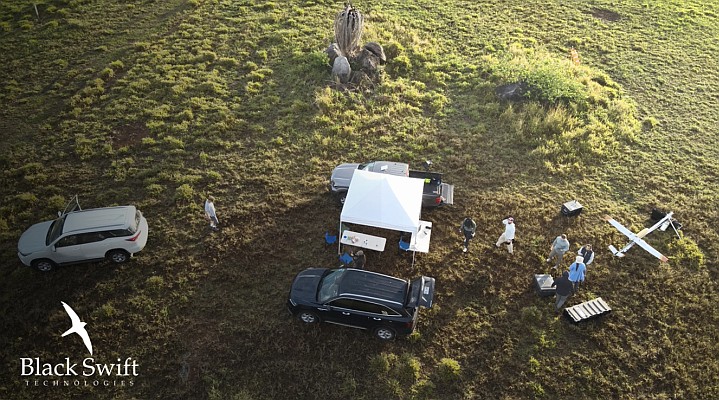OSCRE (the Open Standards Consortium for Real Estate) today announced that they have updated their Memorandum of Understanding with the Open Geospatial Consortium (OGC) to reflect OSCRE’s new global focus following last year’s merger between PISCES and OSCRE Americas.
OSCRE and the OGC organizations are now putting a new level of emphasis on collaborative standards development and are working specifically to enable and promote the interoperable use of Web based geospatial technologies in real estate and property management.
“There’s a growing interest among OGC members involved in the built environment and we are fortunate to have the opportunity to work with OSCRE,” said Mark Reichardt, President and CEO of the OGC. “There’s a tremendous need for better information exchange among companies and government administrative bodies that buy, sell, own, occupy, insure, inspect, appraise, manage, design, build and protect real estate. Leveraging this information in a location and time context is critically important for decision-making. Advances in many other economic sectors await a strong indoor/outdoor location standards foundation, and we look forward to bringing diverse stakeholders together with OSCRE in a coordinated standards effort.”
“The use of geospatial data is expanding rapidly among real estate stakeholders who seek information about demographics, crime, sales comparatives, foreclosures, and natural and man-made hazards,” states Catherine Williams, OSCRE’s Chief Executive. “We expect enormous value for members of OSCRE and OGC from this working relationship, particularly as we are now able to bring significant international expertise to the real estate standards process.”
OSCRE seeks to enable the real estate industry to work more effectively through the use of cost-effective, standardized and automated electronic information exchange. OSCRE is about bringing real estate professionals together with their solution providers to agree on intelligent and effective ways to exchange information over the Internet and within their businesses. We believe an open standard for real estate offers the potential to lower cost, stimulate innovation and grow markets whilst retaining a free choice of technology.
Follow us on Twitter!







